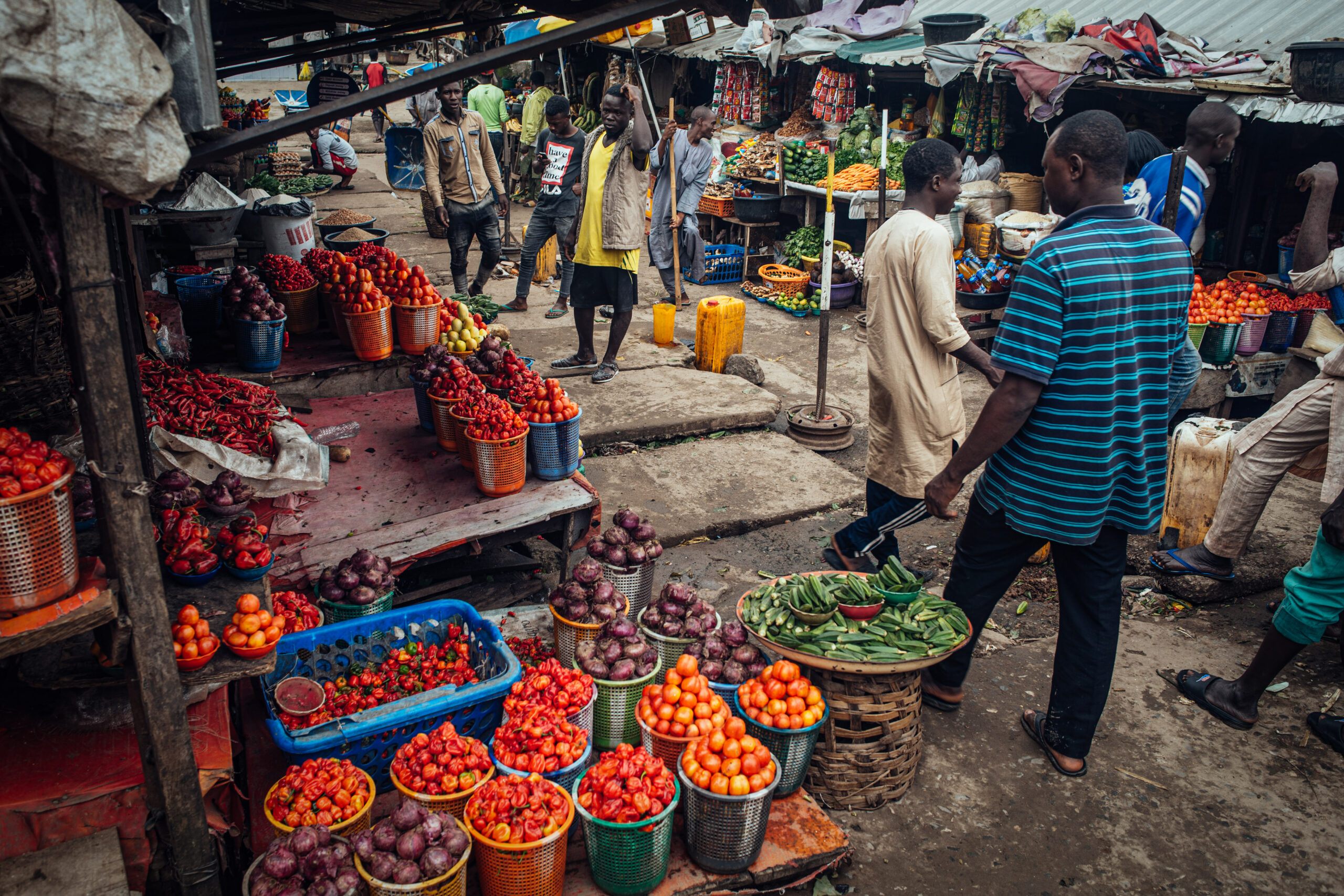
COVID-19 outbreak threatens food security in parts of Nigeria

The outbreak of COVID-19 has increased food insecurity in four major states of Nigeria, a report has shown.
The National Bureau of Statistics in its latest report on the impact of COVID-19 said food insecurity appears to be prevalent across the Federal Capital Territory (FCT) and the states of Kano, Lagos and Rivers.
In Rivers and the FCT, in particular, 79 percent and 72 percent of households respectively reported having to skip meals since the start of the pandemic.
“Households in all four states are drawing down their savings and borrowing money to cover their living expenses, which may leave them more economically vulnerable and reduce their investments in human capital in the future,” the NBS report said.
The report, which contains results from the labor force survey of the second quarter in 2020, added that the share of people engaged in economic activities in the four states was lower between June and July 2020 than that before the COVID-19 crisis.
In the FCT, the share of people working was down by around 14 percentage points.
Meanwhile, the country’s apex bank has approved four Nigerian firms to import 262,000 tons of maize as food shortage looms.
The firms comprise Crown Flour Mills Limited, Premier Feeds Company Limited, Chi Farms Limited, and Wacot Limited.




